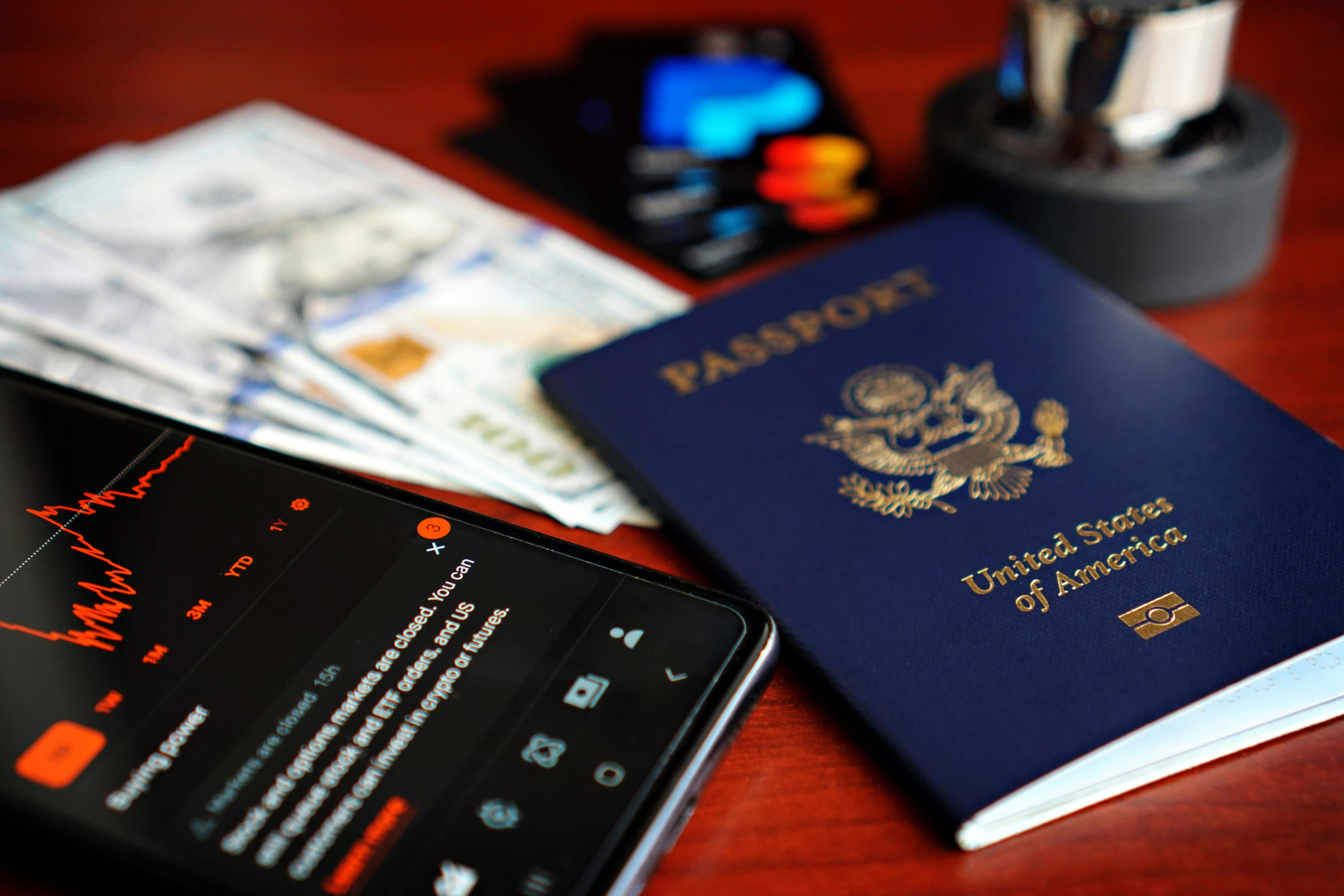Picture this: You're deep into a cross-border litigation, and suddenly, a pivotal deposition hinges on testimony from a witness who speaks only Portuguese. One wrong word in translation, and your entire strategy could unravel. I've seen it happen more times than I'd like—cases dragged out, evidence tossed, or worse, settlements that leave clients shortchanged. For lawyers and corporate legal teams, bringing in a court-certified interpreter isn't some optional add-on; it's your frontline defense for clear, fair proceedings. In this piece, we'll dig into why certification is non-negotiable, how legal interpretation differs from run-of-the-mill translation, and the nuts-and-bolts steps to book one. Along the way, I'll stress the absolute musts: ironclad confidentiality and pinpoint accuracy, backed by solid stats to make the case crystal clear.
Why Certification Isn't Just a Stamp—It's a Shield
Let's be real—legal battles are won or lost on details, and language slip-ups can turn those details into landmines. A 2023 study from the American Bar Association flagged that interpretation errors crop up in about 15% of multilingual court sessions, often leading to appeals or retrials that rack up unnecessary costs. Think millions in some high-profile corporate disputes. The U.S. Department of Justice backs this up, noting in their latest guidelines that certified interpreters cut miscommunication risks by over 40%, ensuring everyone—from judges to jurors—gets the full picture.
What does "certified" even mean here? It's not a quick online course; it's a tough vetting by outfits like the National Center for State Courts or the Consortium for Language Access in the Courts. These pros pass grueling tests on fluency, legal ethics, and courtroom savvy. Skip this, and you're gambling with your client's rights. I recall a merger case where a non-certified interpreter bungled a contract clause translation—it cost the firm a hefty redo. Certification guarantees neutrality too, so no biases sneak in. For your practice, it's about more than compliance; it's about building airtight cases that stand up under scrutiny.
Legal vs. Everyday Interpretation: Apples and Oranges
You might think, "Hey, my bilingual paralegal can handle this," but that's a shortcut to trouble. General interpretation? That's for chit-chat at conferences or quick emails—loose, conversational, and forgiving if something's off by a shade. Legal work, though? It's a whole different beast.
In court settings, every syllable matters. Terms like "breach of fiduciary duty" or "arbitration clause" demand exact equivalents, no room for approximation. A report from the International Federation of Translators points out that non-specialized translations spike error rates by 20-25% in legal docs, per their 2024 survey of global firms. Legal interpreters act as neutral conduits, often working consecutively (pausing after each speaker) to nail the intent, tone, and cultural undertones. They're bound by codes that forbid adding or omitting anything, unlike casual translators who might paraphrase for smoothness.
For corporate counsel juggling international deals, this precision prevents disasters—like a misinterpreted NDA clause sparking IP leaks. And don't forget: legal interpreters are versed in your jurisdiction's rules, whether it's federal court protocols or state-specific mandates. It's this expertise that keeps proceedings efficient and defensible.
Booking a Court-Certified Interpreter: Your Step-by-Step Playbook
Alright, enough theory—let's get practical. Securing the right interpreter takes some legwork, but follow these steps, and you'll avoid the headaches.
First off, scope out your needs upfront. What languages are we talking? Is it a quick hearing or a marathon trial? Will it be in-person or remote via Zoom? Pinning this down early lets you match the interpreter's skills to the case's demands—say, someone fluent in technical patent lingo for an IP dispute.
Next, hunt for credentials. Check databases from state courts or federal registries; they list certified folks with verified track records. Aim for those with NAJIT membership or similar—they've got the chops. Pro tip: Ask about past gigs. Have they done depositions in antitrust cases? That experience counts.
Then, tap into reliable providers. Firms like Artlangs Translation stand out here—they've been honing translation services across 230+ languages for years, with deep dives into video localization, subtitling for short dramas, game adaptations, and even multilingual dubbing for audiobooks. Their portfolio brims with success stories, from smoothing global mergers to localizing complex legal content, all with that seasoned touch that comes from real-world localization know-how. Connecting through them or bar association referrals ensures you're getting vetted pros.
Once you've got candidates, vet them personally. Discuss rates (expect $75-200/hour based on locale, per a 2025 Linguist List analysis) and hammer out logistics. Insist on a solid NDA—confidentiality is king, as any breach could torpedo attorney-client privilege. And grill them on accuracy protocols: How do they handle slang or ambiguities?
Finally, lock it in with a contract, share case overviews for prep, and have a backup plan. Post-session, debrief to tweak for next time. This approach not only streamlines things but, per a Justice Department report, shaves up to 25% off trial delays in diverse-language cases.
Keeping It Confidential and Spot-On: The Bedrock Principles
No guide would be complete without doubling down on these two: secrecy and exactness. Confidentiality? It's etched in stone—interpreters swear to it under ethical oaths, treating your info like classified intel. A single leak, and you're facing ethics probes or voided proceedings, as highlighted in a 2024 case study from the Harvard Law Review.
Accuracy, meanwhile, is what turns good lawyering into great outcomes. Stats from the Language Services Associates show that certified setups boast 98% fidelity rates, versus 80% for uncertified ones. It's about capturing not just words but context—ensuring a witness's sarcasm or emphasis doesn't get lost. For your team, prioritizing these means fewer do-overs and stronger client trust.
Wrapping up, navigating legal proceedings with language hurdles doesn't have to be a minefield. By leaning on certified interpreters and partners with proven expertise like Artlangs, you're setting up for success in a world where borders blur but clarity can't. Next time a multilingual wrinkle pops up, grab this playbook—your cases (and clients) will thank you.











